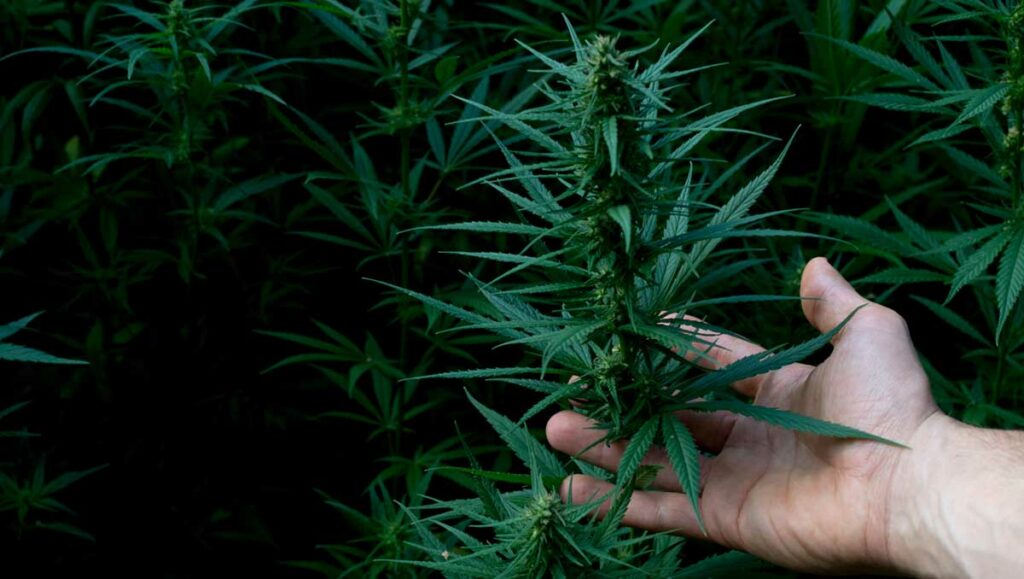Now accepting clients for New York, Maryland, Delaware, and Missouri! Please contact us if you have questions.
An Interview with Kevin Matthews a Pioneer of Psychedelic Reform
- Sheva
- March 27, 2021
An Interview with Kevin Matthews a Pioneer of Psychedelic Reform
- Sheva
- March 27, 2021
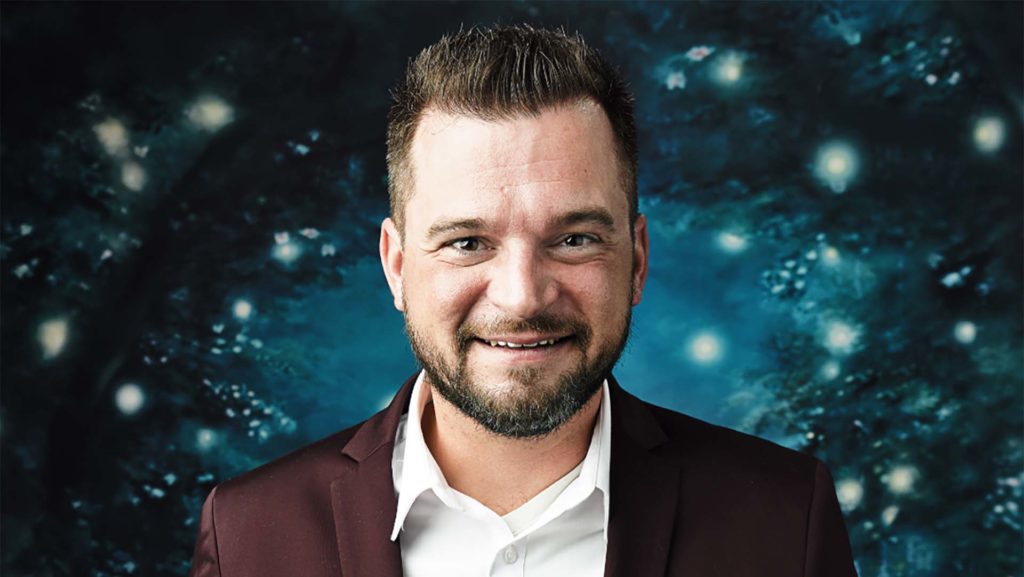

Kevin Matthews is the CEO of the Helix Consulting Group and Co-Founder of The Society for Psychedelic Outreach, Reform, and Education (SPORE). Both ventures have allowed Kevin to continue working every single day to change minds and reform laws for equitable psychedelic access. Kevin truly is a pioneer in the area of psychedelic reform and advocacy.
Matthews is the architect of Denver’s landmark ballot initiative (“I-301”), which not only made the personal possession, use, and cultivation of psilocybin mushrooms the city’s lowest enforcement priority, but also restricted the city from using funds to prosecute individuals for possession, use, or cultivation.
His company, Helix Consulting Group LLC, is a groundbreaking public affairs firm that builds a bridge between citizens and lawmakers to create equitable and accessible psychedelic policy reform.
Kevin believes that everyone deserves safe and responsible access to psychedelic plants and fungi to transform their lives and their communities. As a professional speaker and advocate for psychedelics, he is committed to educating the public and being a steward of the psychedelic renaissance.
Related: What is a Cannabis Consultant?


A wizard of psychedelic policy reform and legislation.
We like wizards around here and Kevin is no exception. His immense knowledge and hard-earned experience in the field make him an invaluable resource for wisdom, insight, innovation, and inspiration.
PsyCann is delighted to bring this fascinating and enlightening conversation to you as part of our ongoing commitment to support all levels of entry and interest in the psychedelic industry.
From curious seekers of mind expansion and healing, to dedicated entrepreneurs striving to co-create inclusive systems to safely and equitably share these valuable substances with their fellow humans, we invite you to learn and grow together with us!


Psychedelic Reform: The Interview
What’s the most important thing to know about before the whole country takes off on this psychedelic revolution?
I didn’t expect the movement to expand as rapidly as it has and it speaks to the mycelial nature of this revolution. In many ways, I think the movement has a mind of its own and that those of us on the front lines are simply conduits and doing the best we can to embody its unfolding. But that’s what also makes this so exciting, there is so much novelty and so much that is unknown that it sometimes feels like I’m plunged into the Great Mystery and my little mortal self is simply along for the ride.
A big part of me is saying we need to pump the brakes and slow down a little. All astronauts have years of training before they strap in and launch themselves beyond the stratosphere into the cosmos, the same can be said of the psychonaut. The same logic applies here – our country is stepping through an event horizon and launching into innerspace and there won’t be any turning back. We need to do the best we can to prioritize public education, safety, responsible use, and ensure that access to psychedelics is equitable and is at the foundation of legal reform.
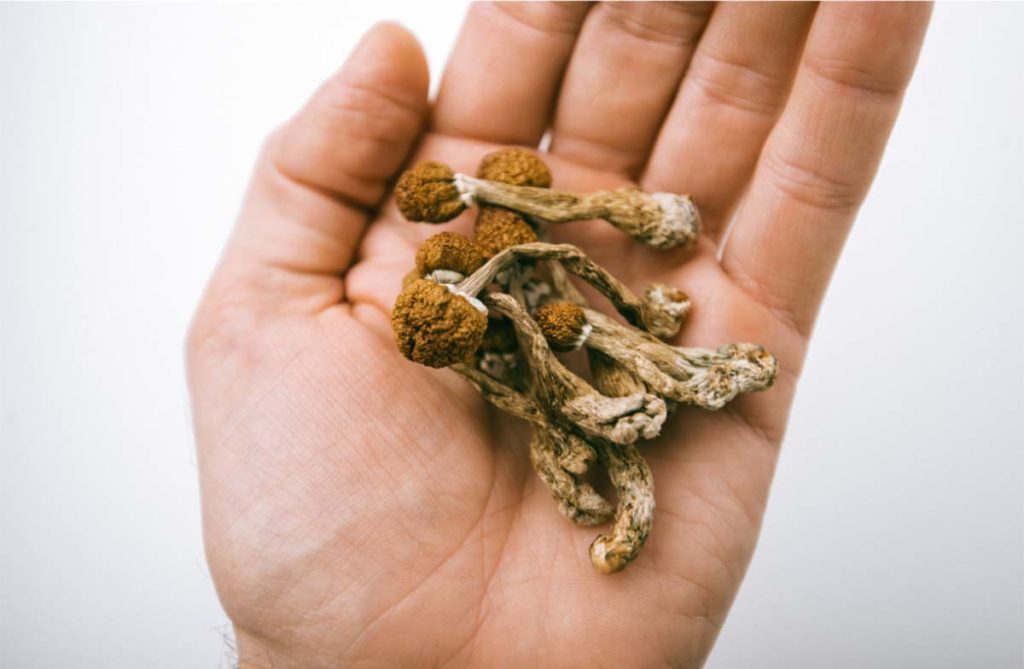

What are your most important priorities for the evolution of this industry?
My biggest priority is decriminalization first. Psychedelics are going to innovate every facet of society and everything we understand about being human. This is a human movement, and because of that, my priority is making sure that humans have the chance and the choice to work with psychedelics in a manner that they were originally and traditionally utilized.
Decriminalization makes access equitable, meaning that (at least in Denver) anyone can store, use, possess, and cultivate psilocybin mushrooms for personal use, and it also keeps power in the hands of individuals and communities. As long as we have decriminalization first, we can layer other models like therapeutic access or other types of regulation on top without creating an environment that limits access to only a select few.
Another high priority is education about the risks, safety, and responsible use. What we need, namely, is for more people to speak up about how psychedelics have impacted their lives in a positive way. Nothing is more impactful and can shift the hearts and minds of those who may be opposed to psychedelic reform than hearing the personal story of someone who has healed from depression, anxiety, or addiction and turned their life around. We have to scale our stories to the forefront of the national dialogue and put a voice and a face to the psychedelic revolution so that the rest of Americans form a new perspective about the utility and benefits of psychedelics in society.
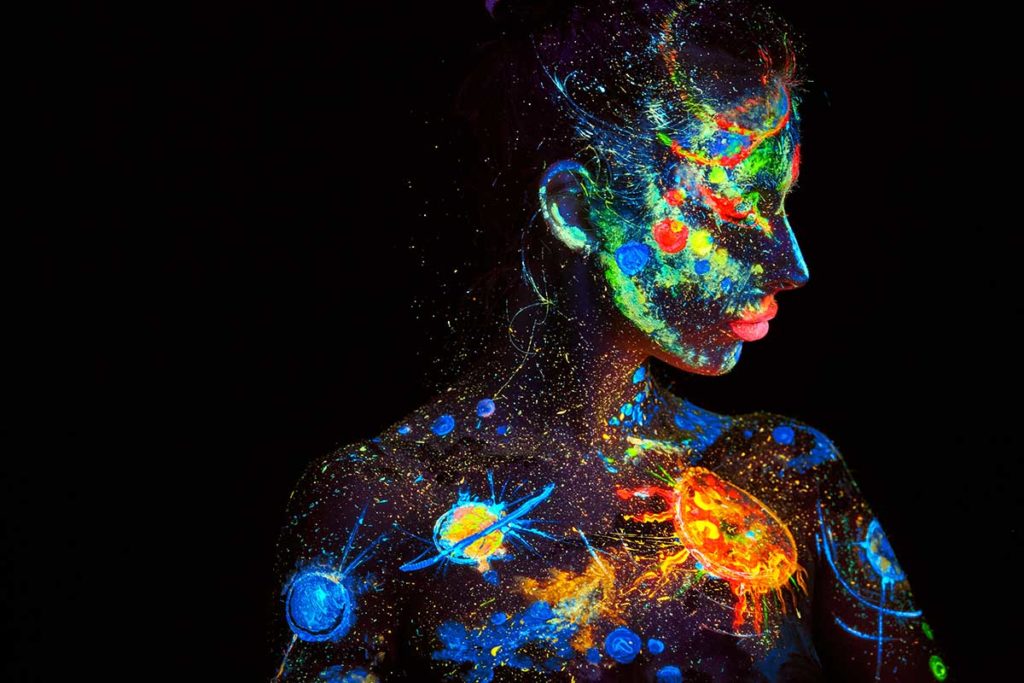

What does the business of psychedelics look like?
Well, right now it looks like massive pharmaceutical operations vying for market share in an extremely limited clinical research landscape and competing over intellectual property and patented products to find out who makes it first to FDA approval and the top-down administration of psychedelic access.
For me, the business of psychedelics comes down, again, to choice. Consumers and patients should have the choice of whether or not to pop a pill or eat a plant. Individuals should have the choice whether to see a licensed medical professional and sit in a clinical setting to have a psychedelic experience, to visit their local caregiver or trusted and experienced friend and participate in a private ceremony with one or twenty other people, or to sit in the privacy of their own home in total darkness with 10 grams of dried psilocybin mushrooms and convene personally with the machine elves. Or all of the above!
But it’s about choice, and I believe that the business of psychedelics must prioritize individuals and community needs. This means that their bottom lines are driven by healing and personal growth, not profit and that businesses give back to their local community by demonstrating social, environmental, and other impacts for the public good.
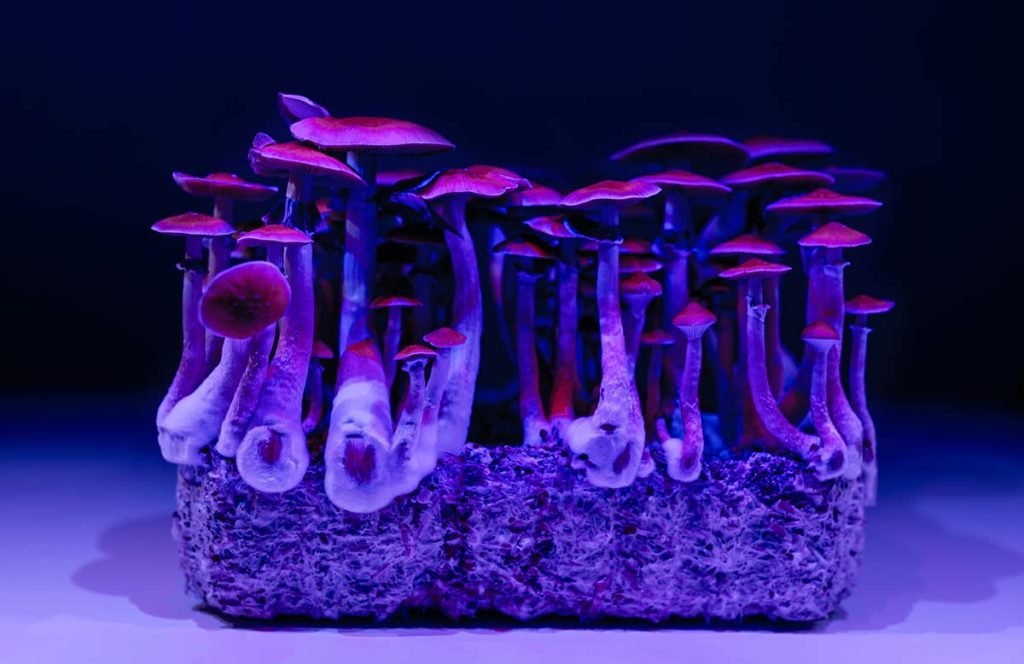

What is your vision for creating an industry that centers around community and service?
How can psychedelics address community needs? The first answer to this question is that we need to ask the communities that can most benefit from psychedelics what their needs and priorities are! It’s obvious that in most American cities and communities, we have a mental health and addiction crisis that is fueled by institutions that (intentionally or unintentionally) manufacture separation and create systemic trauma. Everyone is impacted by it, some take advantage, and many perceive themselves as victims or are direct victims of it.
So, in addition to knowing what our communities want and creating platforms for our communities to drive how the business of psychedelics unfolds locally and nationally, the vision is that businesses are of service to heal our communities and not profiteer off the pain of others. The potential exists for many different business models like manufacturing cooperatives, non-commercial healing centers, licensed cultivation facilities, licensed clinics or service centers, and likely many others I’m not considering, including all the ancillary businesses. If we can harness all of this capital and potential and drive it toward individual and social healing then the outcome will be beneficial beyond our wildest imagination.
How can we design standards so that entry into the industry gives priority to the principles of equity and inclusion at all levels?
By decriminalizing first, opening up community-based access for local ceremony, opening up therapeutic access so licensed medical providers can offer services, and limiting the number of licenses any single entity can own. This can all be written into bills and ordinances and made into law. Eventually, psilocybin will be covered by insurance but that won’t happen, I believe, until psilocybin is moved from Schedule I to Schedule IV or completely removed from the list of controlled substances.
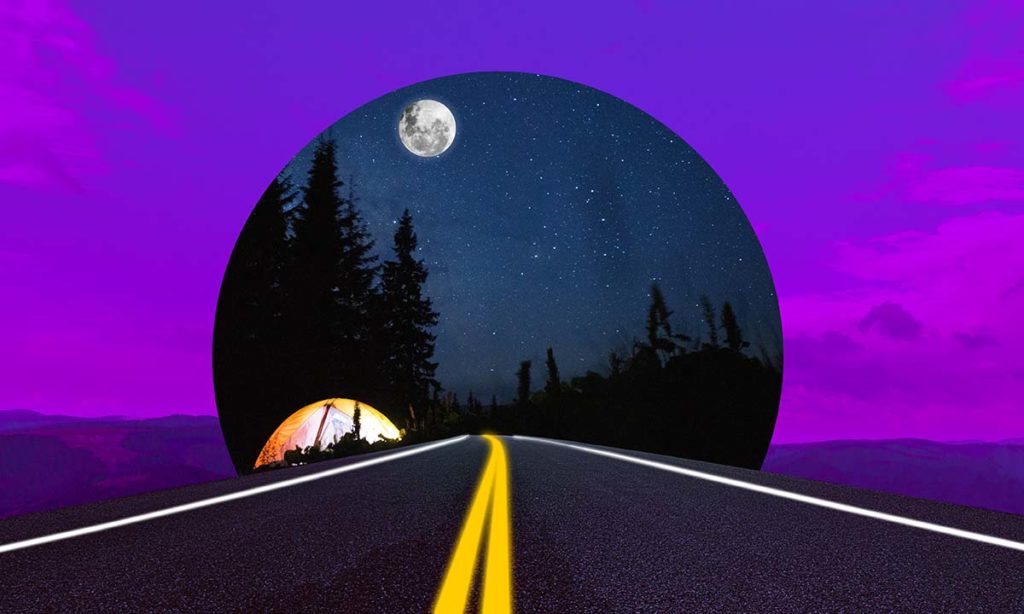

What is the psychedelic industry long game?
This is a fairly loaded question! I can only answer it personally from my own experience, perspective, and desire. What’s happening in the United States right now in all these areas where psychedelics have been decriminalized or regulated is a great experiment to discover what works and what doesn’t work. We also have big tech, big pharma, and other giants entering this ecosystem, and they are already having a major impact on how the game unfolds.
To truly answer the long game question, we should consider that the industry exists inside of a larger ecosystem that involves a lot of players and moving pieces. In short, this is about healing and transformation from the individual to the societal level because this ecosystem will completely disrupt the status quo. But it’s kind of like life, we can only move one step at a time on our march toward the horizon and we need to be careful to avoid the shiny objects along the way. If we focus on providing the most value and benefit to the most people possible then the correct path will be revealed over time.
When can I start a psychedelic business?
Voters in Oregon approved the medical legalization of psilocybin mushrooms on Nov 3, 2020 and the state has 2 years to create the regulatory framework. By early 2023, Oregon residents will be able to apply for manufacturing and/or therapeutic services licenses.
We can expect more “early-adopter” states to decriminalize psilocybin and potentially adopt regulated medical models between now and the 2022 midterm elections. As more markets come online, this will present more opportunities for entrepreneurs and business owners to participate.
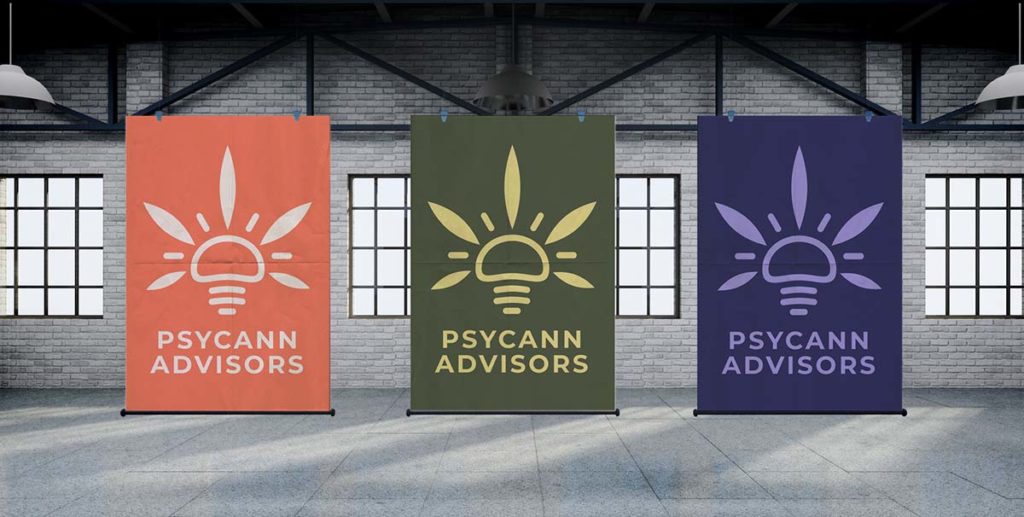

Psychedelic Advocacy
The psychedelic industry is in its infancy and the future looks bright.
Those with the interest and passion can find themselves on the ground floor of co-creating an equitable and compassionately-regulated psychedelic environment for dedicated entrepreneurs invested in healing and evolution, and for all individuals looking for personal growth and freedom.
At PsyCann, we are thrilled to share our many years of cannabis industry experience and deep love for this industry as it grows.
Our company lives our values of people over profits and profits over profiteering, and we develop systems that support each individual’s psychedelic use experience, as well as the entrepreneurial spirit that creates opportunities for safe and healthy access to these substances.
With a wise and passionate pioneer like Kevin Matthews ushering us forward, we can all work together as changemakers to grow our seed of psychedelic societal change into a stunning bloom.
How are YOU getting involved? How are YOU leading the way?
Keep the dialogue going! Reach out to PsyCann Advisors for more advice on navigating the swiftly evolving world of psychedelic policy and regulation!
Share This Post
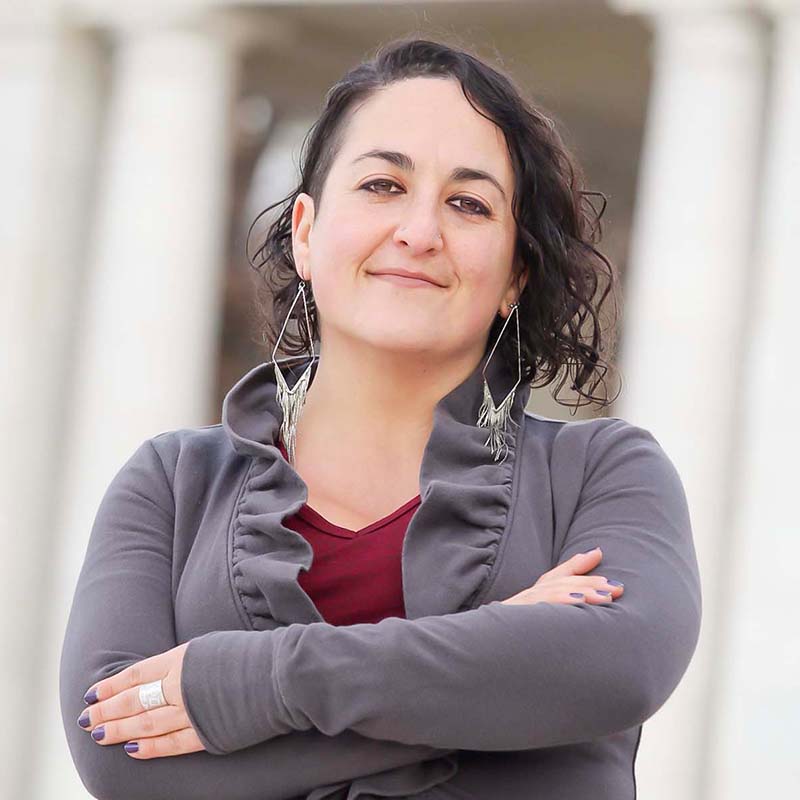

Sheva Pekar - Founder and CEO of PsyCann Advisors
Sheva Pekar is the founder, CEO and visionary leader of PsyCann Advisors. Through 5 years in the cannabis industry serving and advocating for clients in many different facets of the industry, Sheva has built a strong strategic industry vision and long game approach to business development. She has a unique skill on direct, clear, and respectful communication that has built trust and confident in clients and colleagues. She is poised to be a leader in new and adaptive industries.
Subscribe To Our Newsletter
More To Explore
Contact PsyCann's Psychedelic Reform Experts To Schedule a Free Consultation
How Can We Help You Realize Your Vision?





